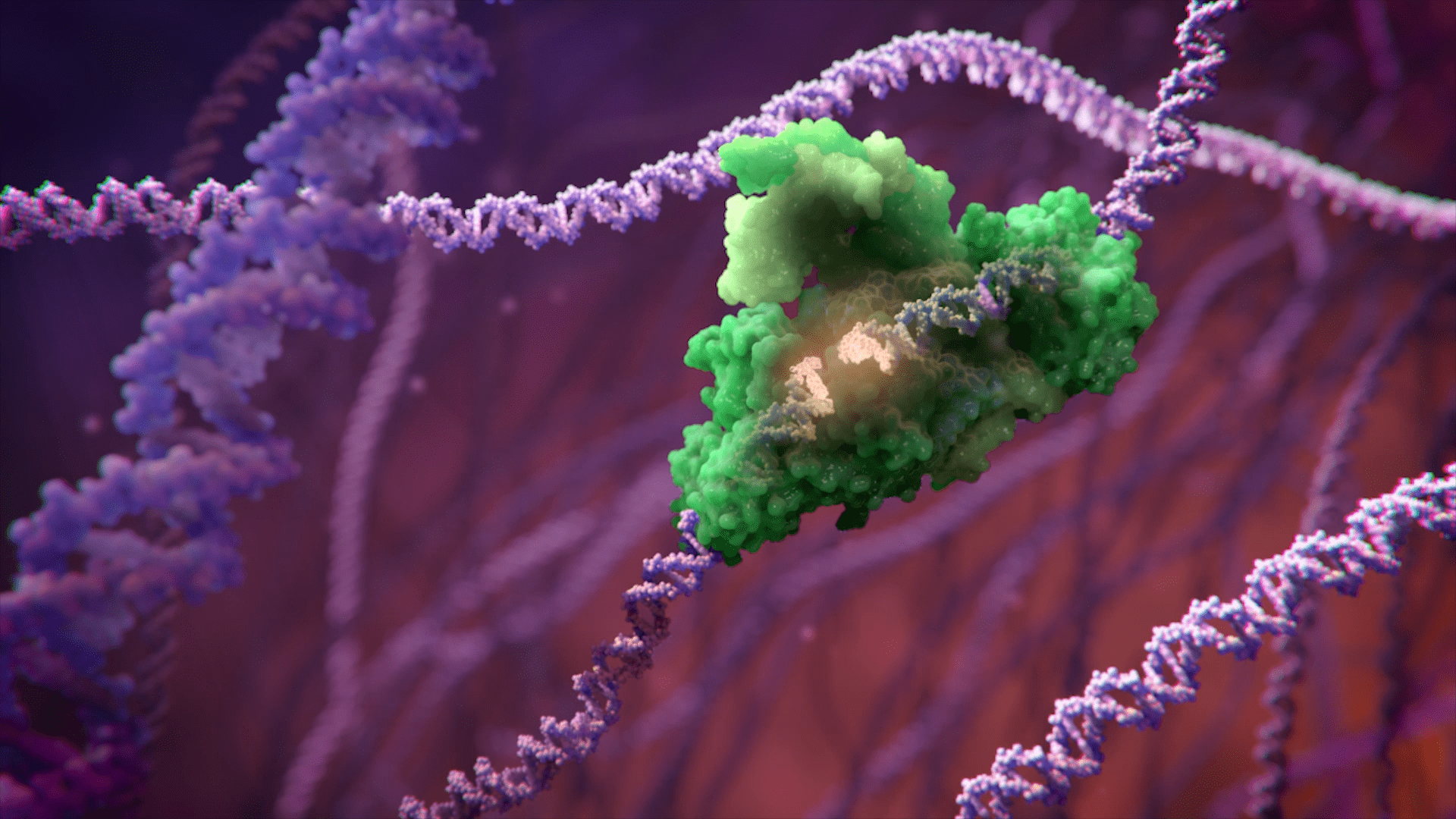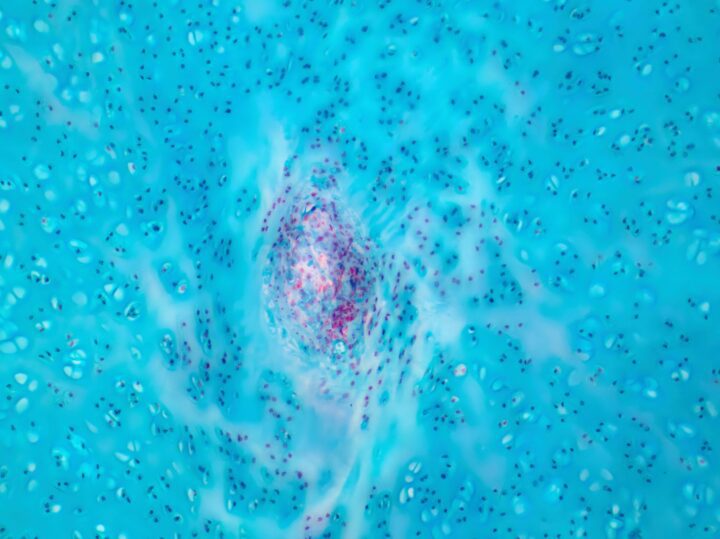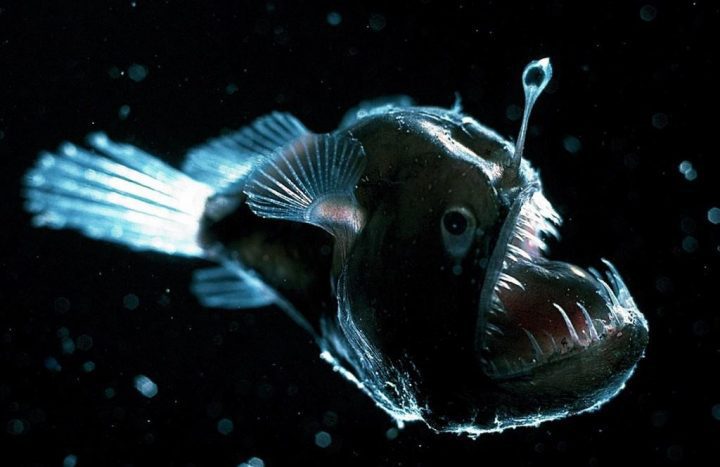Sudoc uses enzyme-inspired catalysts to rapidly break down toxins and complex chemicals in the environment, and then break down themselves as well.
Benefits
- Quickly self-decomposing
- No elemental toxicity
Applications
- Toxin remediation
- Decomposition
- Cleaning
- Pharmaceutical disposal
UN Sustainable Development Goals Addressed
-

Goal 3: Good Health & Wellbeing
-
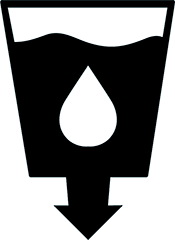
Goal 6: Clean Water & Sanitation
-

Goal 11: Sustainable Cities & Communities
-

Goal 12: Responsible Production & Consumption
-
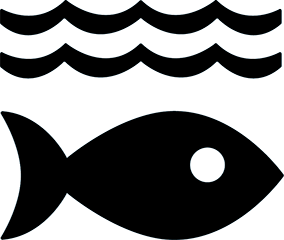
Goal 14: Life Below Water
-

Goal 15: Life on Land
The Challenge
Many chemicals that are useful in controlled ways (such as pharmaceuticals) are detrimental in the open environment, affecting the systems of living beings, decreasing fertility, increasing diseases states, and impacting behavioral development. There are over 350,000 chemicals in common usage, and this volume creates a chemical burden that impacts everyone.
Innovation Details
Sudoc’s enzyme-inspired catalysts (called “New TAML” for “tetra-amido macrocyclic ligand”) speed up chemical reactions when paired with oxidants like hydrogen peroxide, from which it steals an oxygen atom and delivers it to oxidize the target. This mimics the way peroxidase enzymes work in our bodies.
These powerful reactions can effectively break down a wide variety of disease-causing pathogens, as well as thousands of harmful drugs, pesticides, dyes, and other industrial products that contaminate our land and water supplies. Sudoc’s chemistry requires far fewer chemicals than traditional environmental cleaning processes, and is designed to break down quickly and naturally, so that it does not remain active in the environment.

Biological Model
Enzymes keep organisms clean by checking out everything that’s made it inside them and breaking it down for use or removal.
Oxidative enzymes are tools that usher oxygen atoms to break down complex molecules through oxidation, and convert them into forms the organism can handle. Enzymes make oxidation reactions work more quickly and efficiently. This transforms food into nutrients, and harmful chemicals into harmless byproducts.
See Related Strategies
Ray of Hope Prize®
The Ray of Hope Prize celebrates nature-inspired solutions addressing the world’s biggest environmental and sustainability challenges. Created in honor of Ray C. Anderson, founder of Interface, Inc. and a business and sustainability leader, the $100,000 Ray of Hope Prize helps startups cross a critical threshold in becoming viable businesses by amplifying their stories and providing them with equity-free funding. The prize shines a light on the innovative, nature-inspired solutions that we need to build a sustainable and resilient world. Sudoc was selected as a finalist for the 2022 Ray of Hope Prize.
